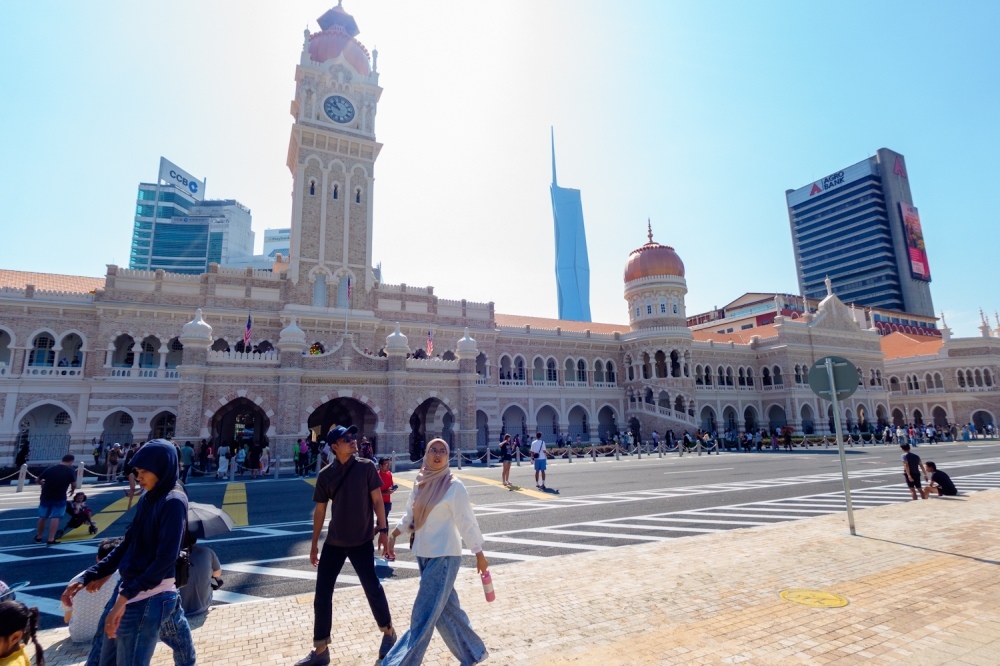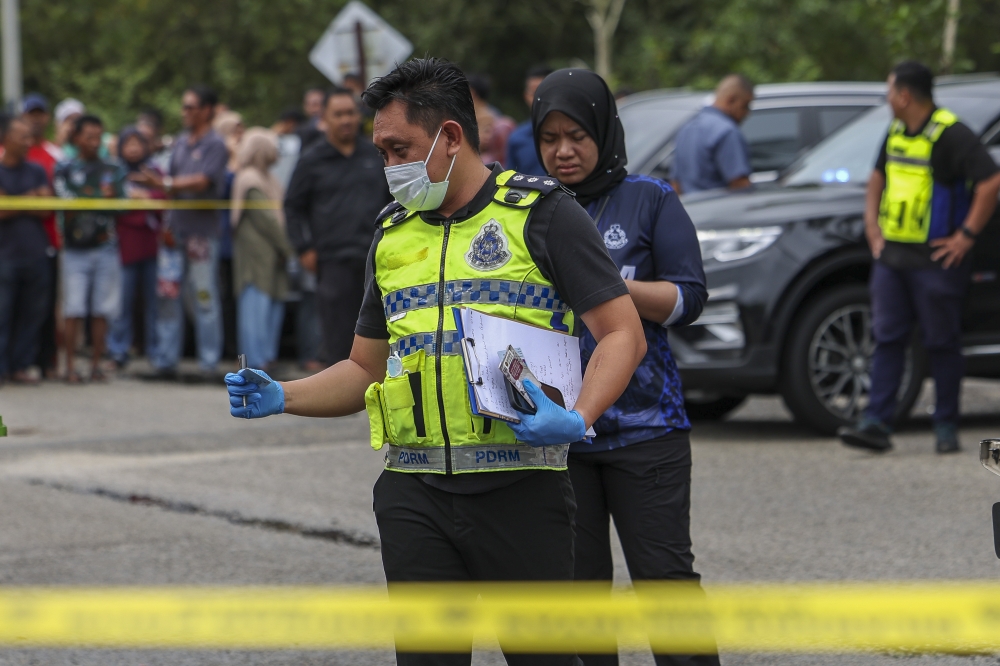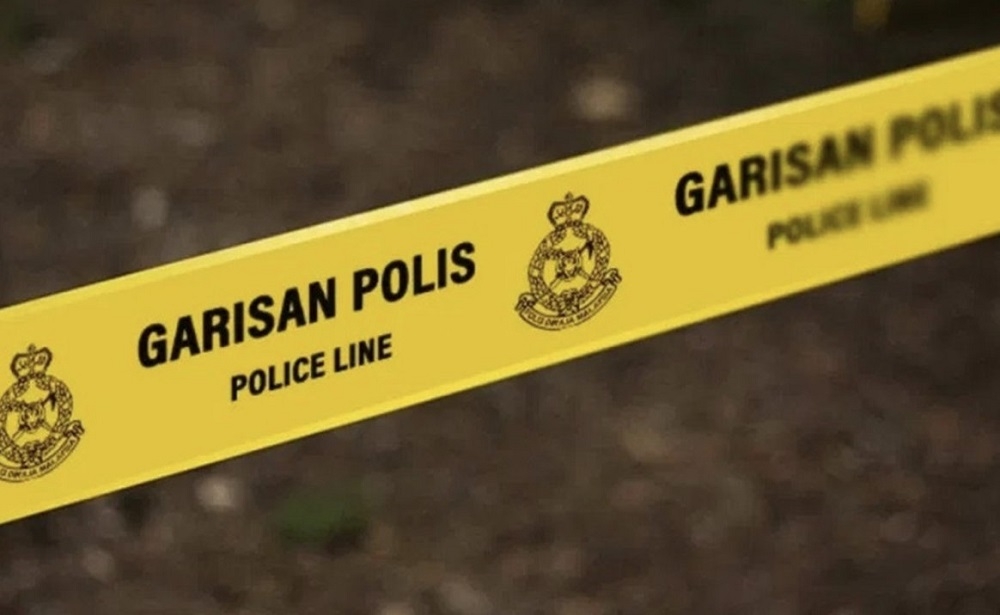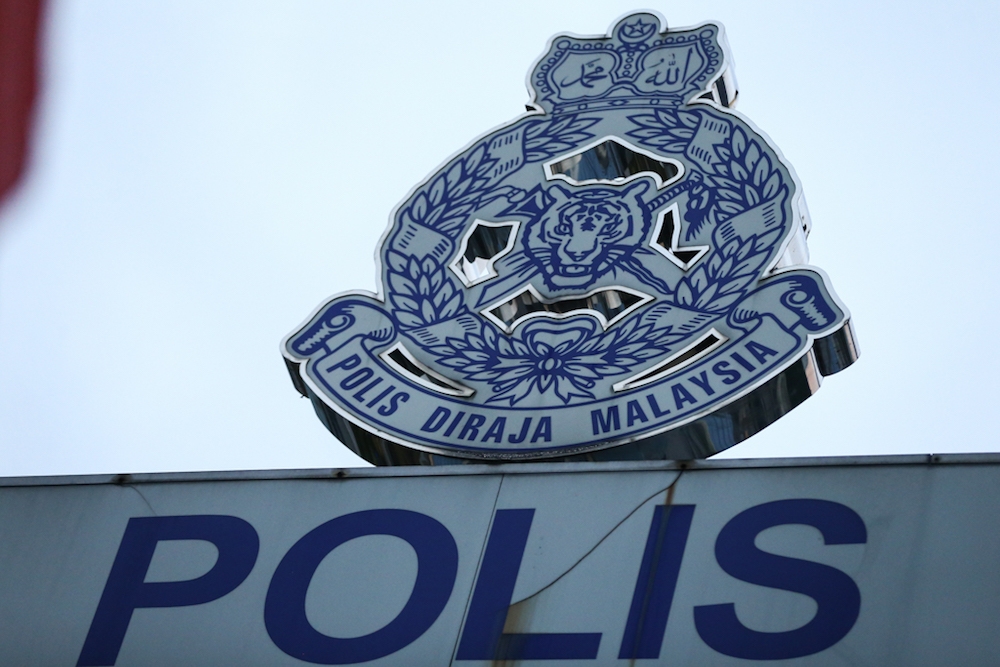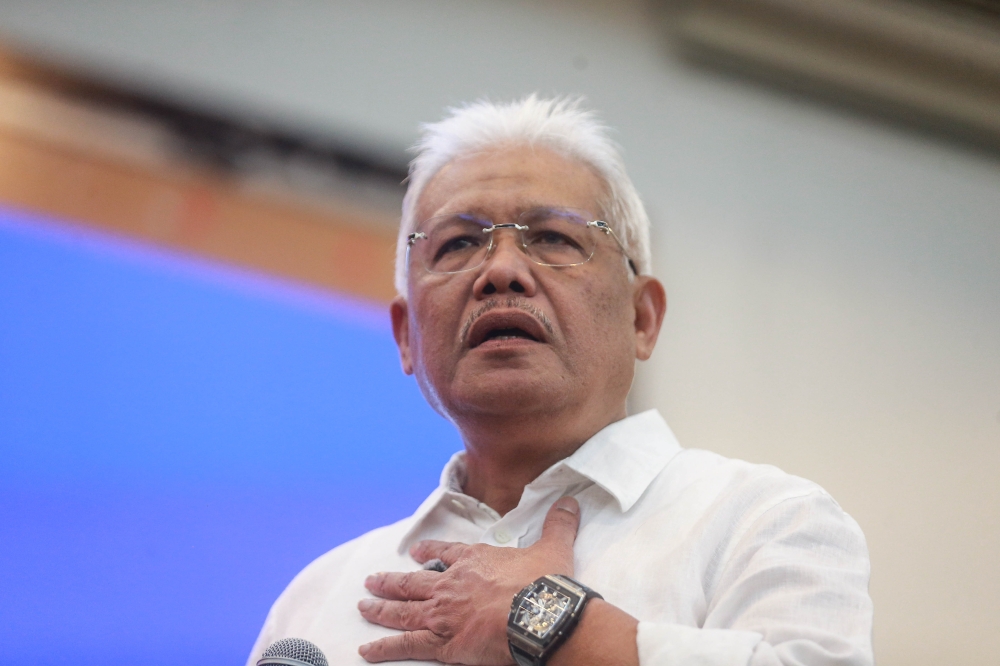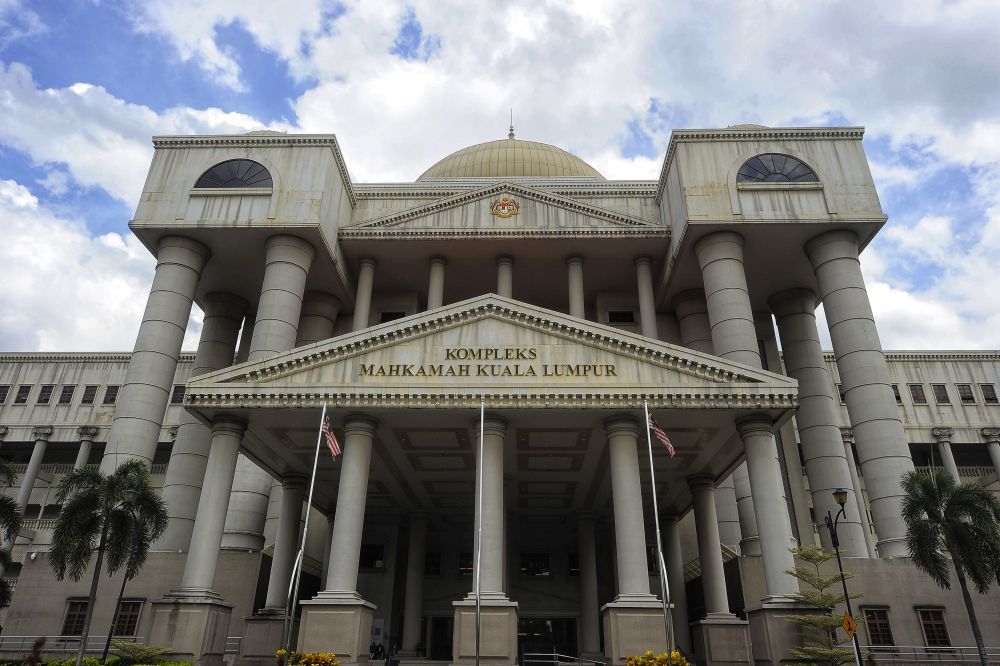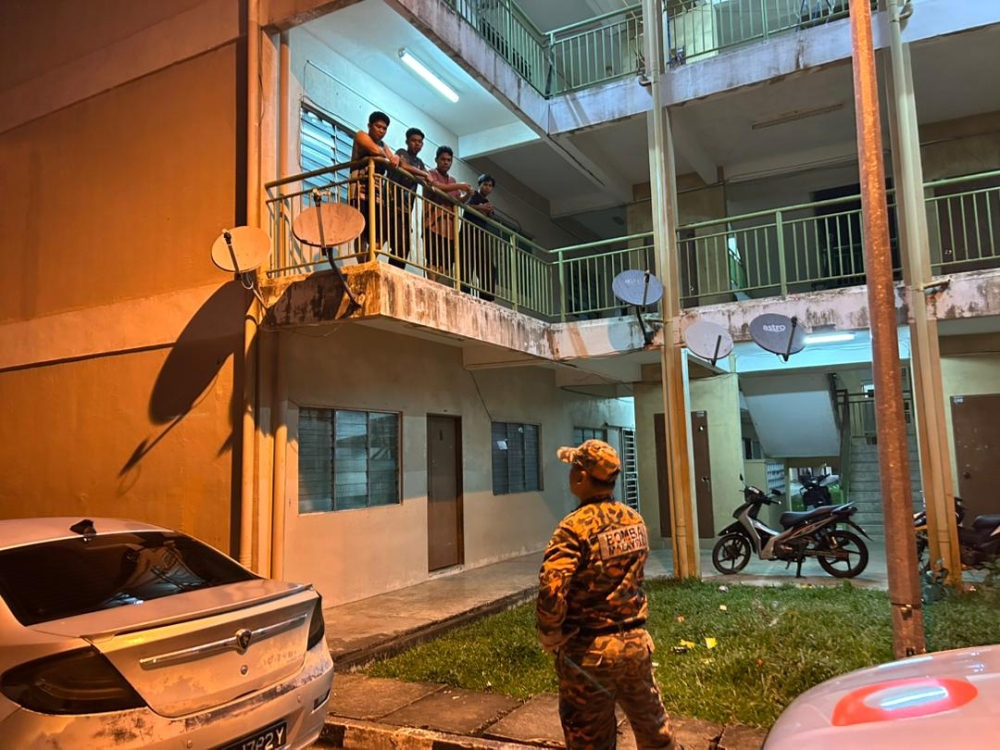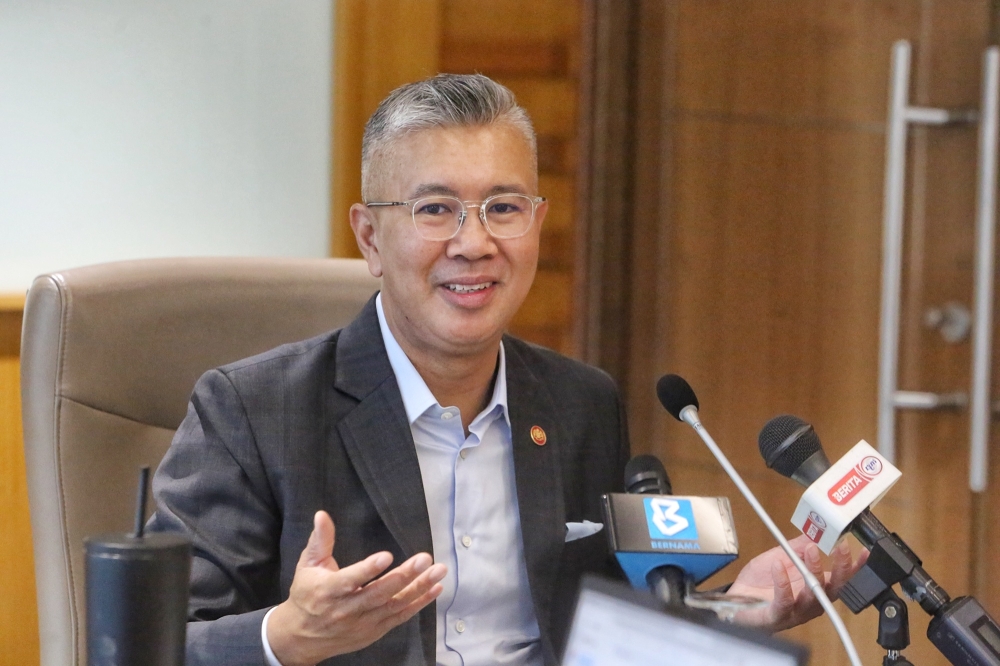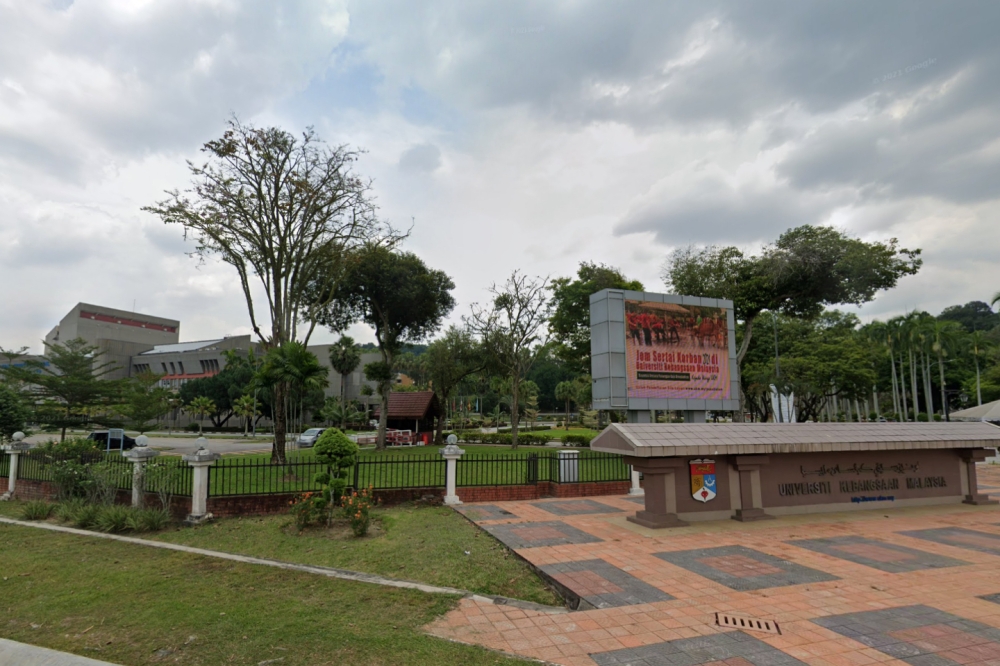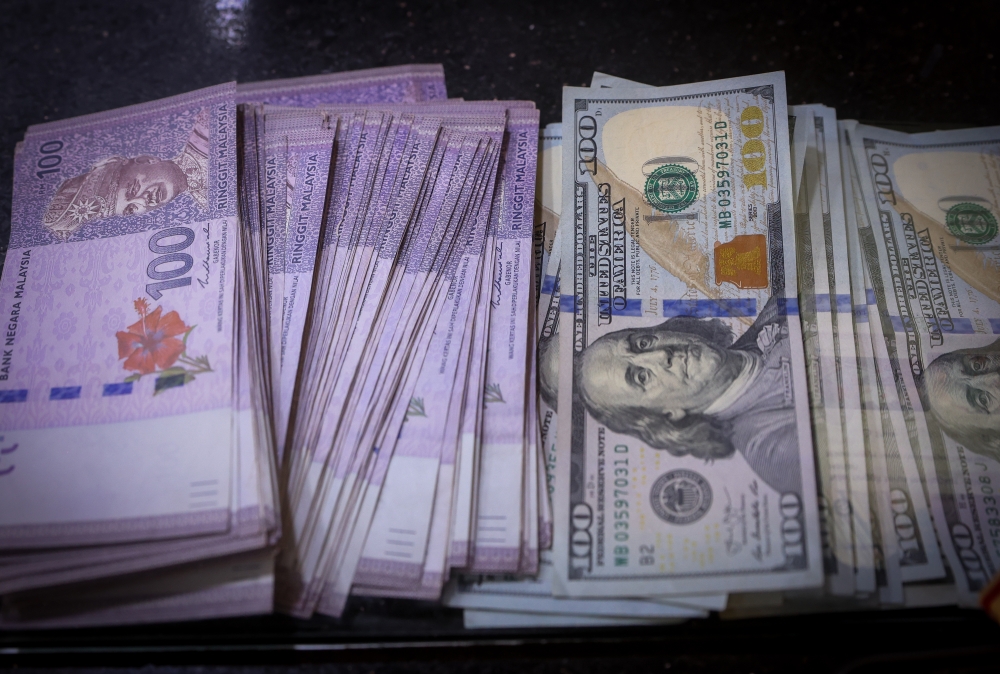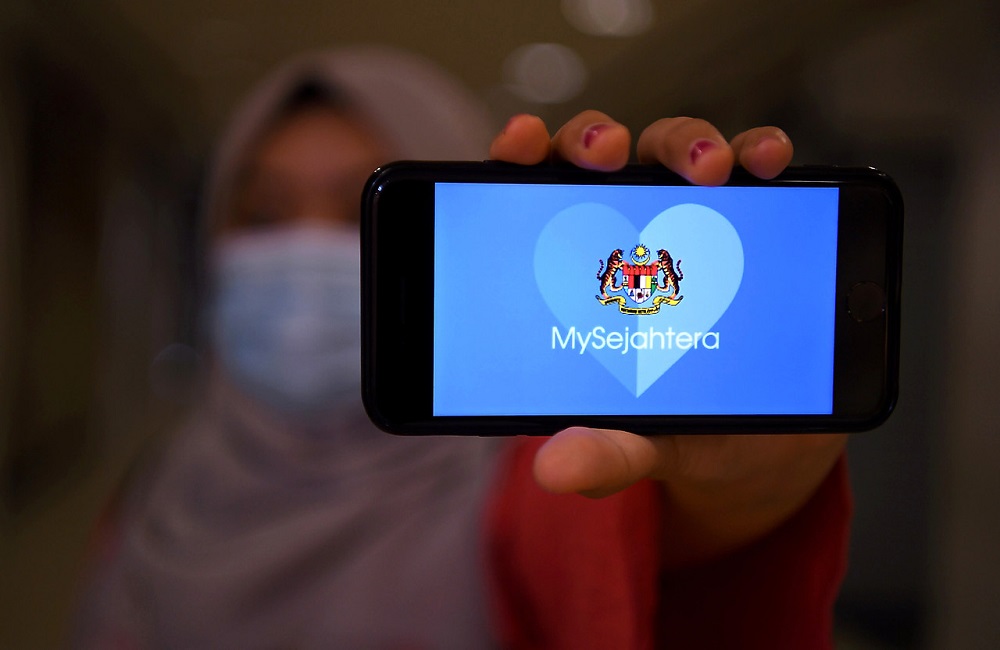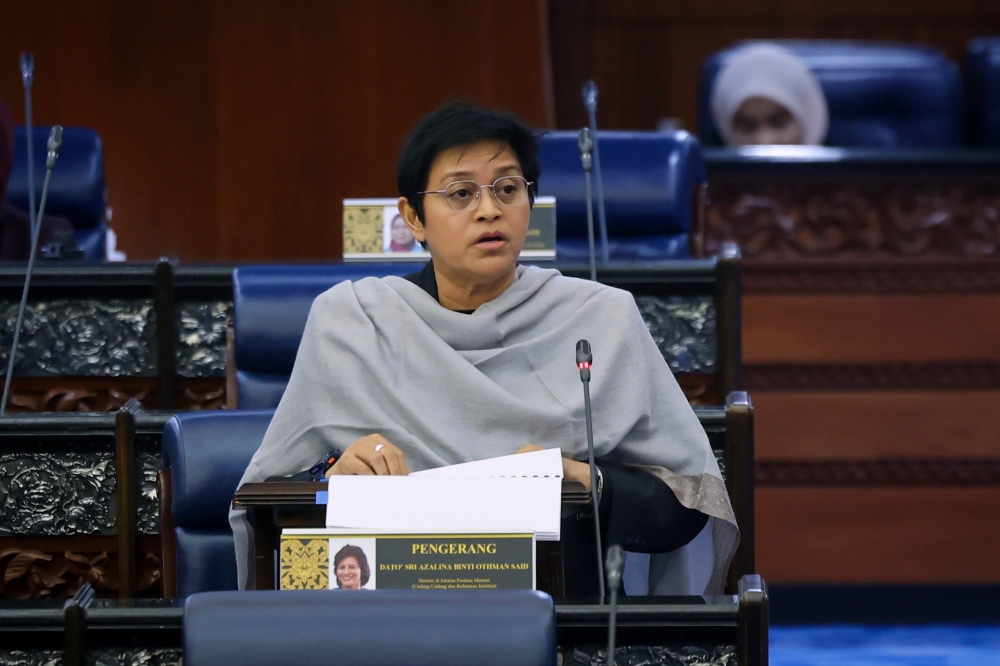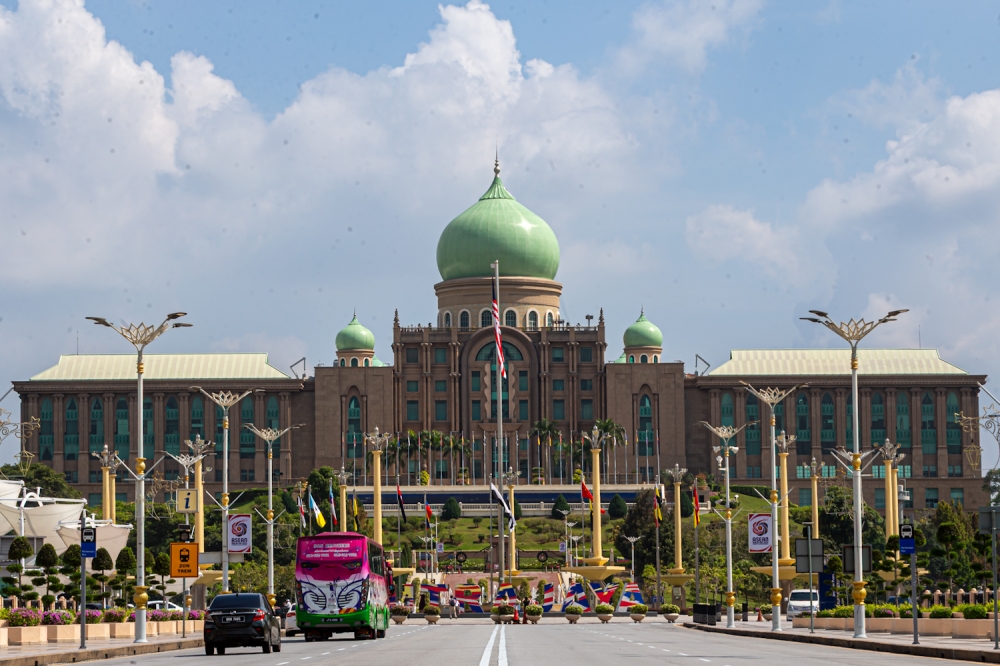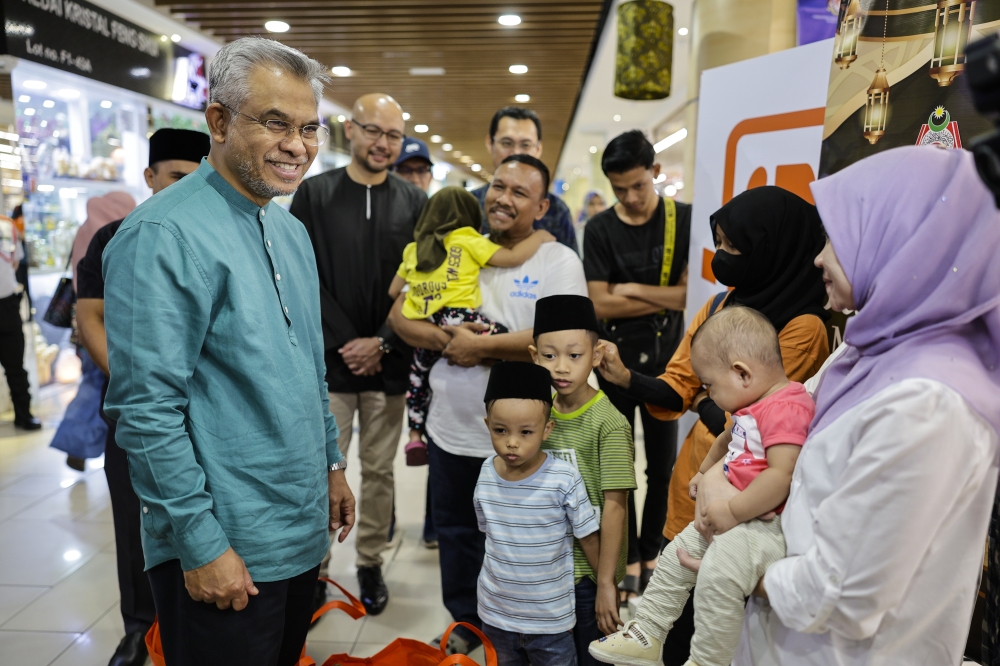KUALA LUMPUR, August 27 — The Perikatan Nasional (PN) government disbursed through its e-Penjana cashless payment initiative nearly a half billion ringgit to around 9.9 million Malaysians, the Dewan Rakyat was told today.
Under the initiative, eligible Malaysians received RM50 each through one of three e-wallet services — Touch N’ Go eWallet, Grab Pay and Boost — of their choosing.
“The RM50 for the e-Penjana initiative began on July 13 and will end on September 24, 2020. The credit received must be used before September 30, 2020.
“Up till August 21, RM495.4 million has been successfully disbursed to 9.9 million individuals,” said Deputy Finance Minister Mohd Shahar Abdullah.
The RM50 infusion came with the requirement to register with the government’s MySejahtera mobile application, which has become the country’s primary Covid-19 contact tracing service.
The e-Penjana scheme was also part of the government’s move to encourage cashless transactions and e-commerce in the era of the Covid-19 pandemic.
In a supplementary question, Wong Shu Qi (PH-Kluang) said that when Pakatan Harapan introduced the similar e-tunai initiative, current Perikatan Nasional (PN) backbenchers and ministers had criticised the move.
She recalled that, among others, Plantation Industries and Commodities Minister Datuk Mohd Khairuddin Aman Razali claimed that the e-tunai initiative meant recipients’ personal date would be exposed.
Mohd Shahar fired back by saying the PH administration should have explained the e-tunai programme better to increase adoption.
He also rejected Wong’s suggestion that e-Penjana was a continuation of the PH programme.
“The e-penjana is a new system. When e-tunai was launched in the first quarter of 2020, the PH administration managed to convince 7.1 million individuals to join in comparison to e-penjana which managed to successfully convince 9.9 million Malaysians.
“That’s a two million difference. If the previous administration had delivered their information better on data privacy, they might have achieved better results,” said the deputy minister.

